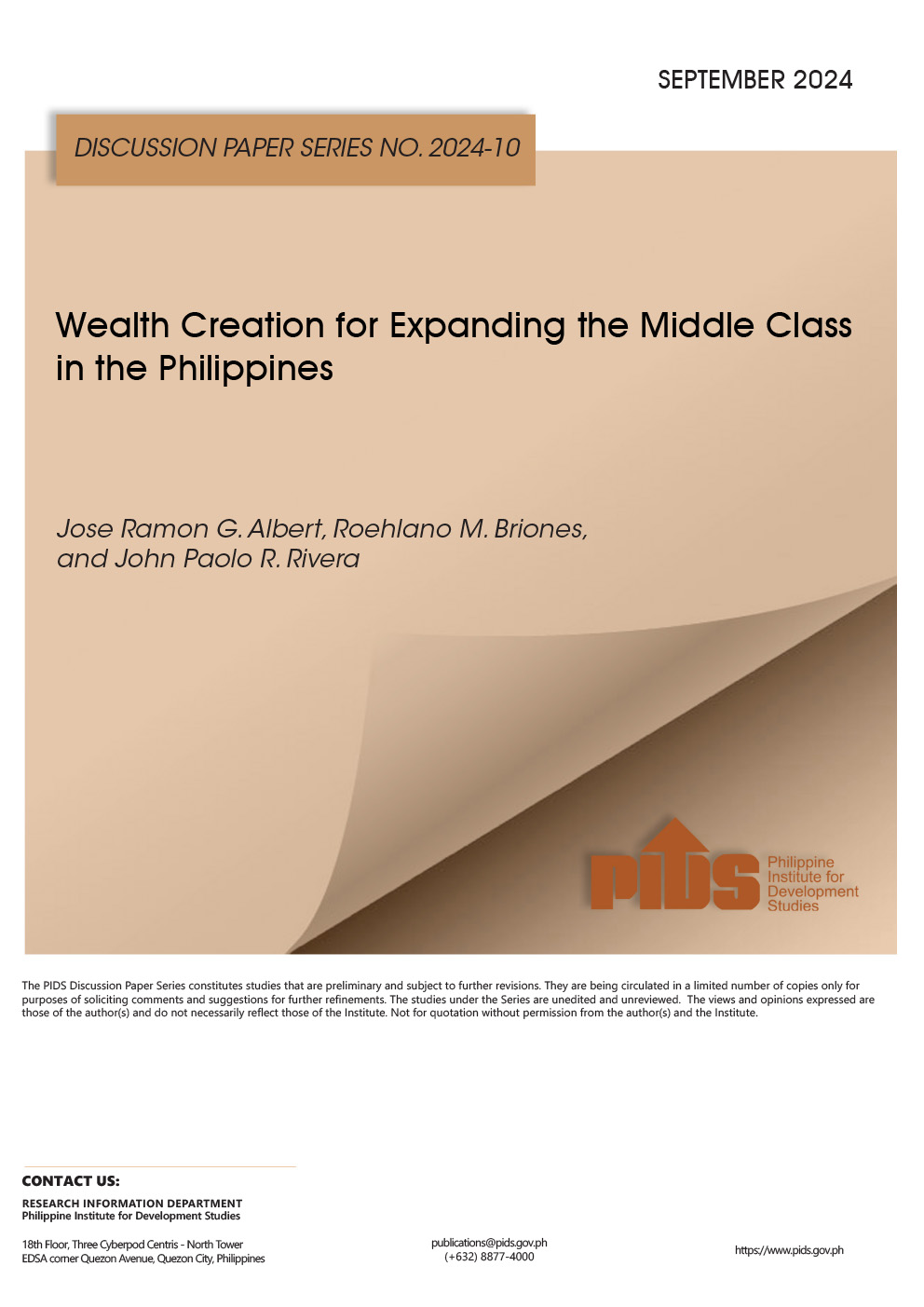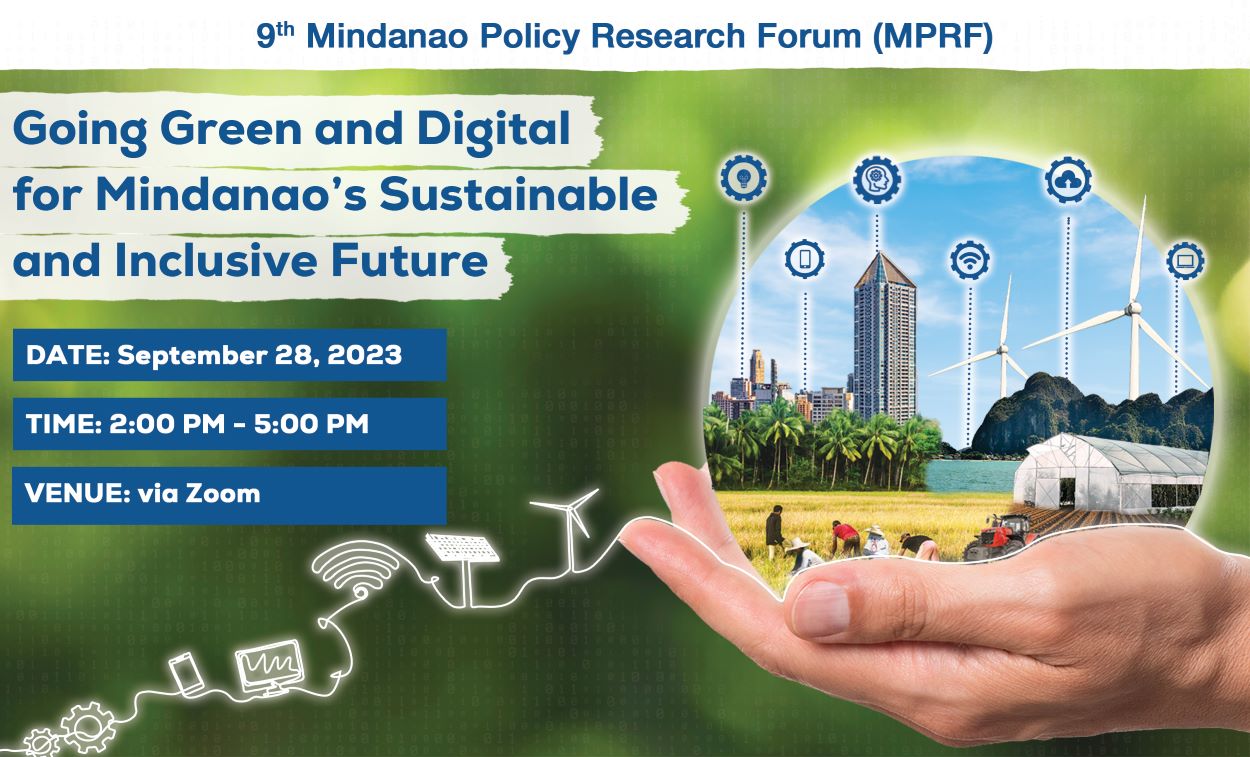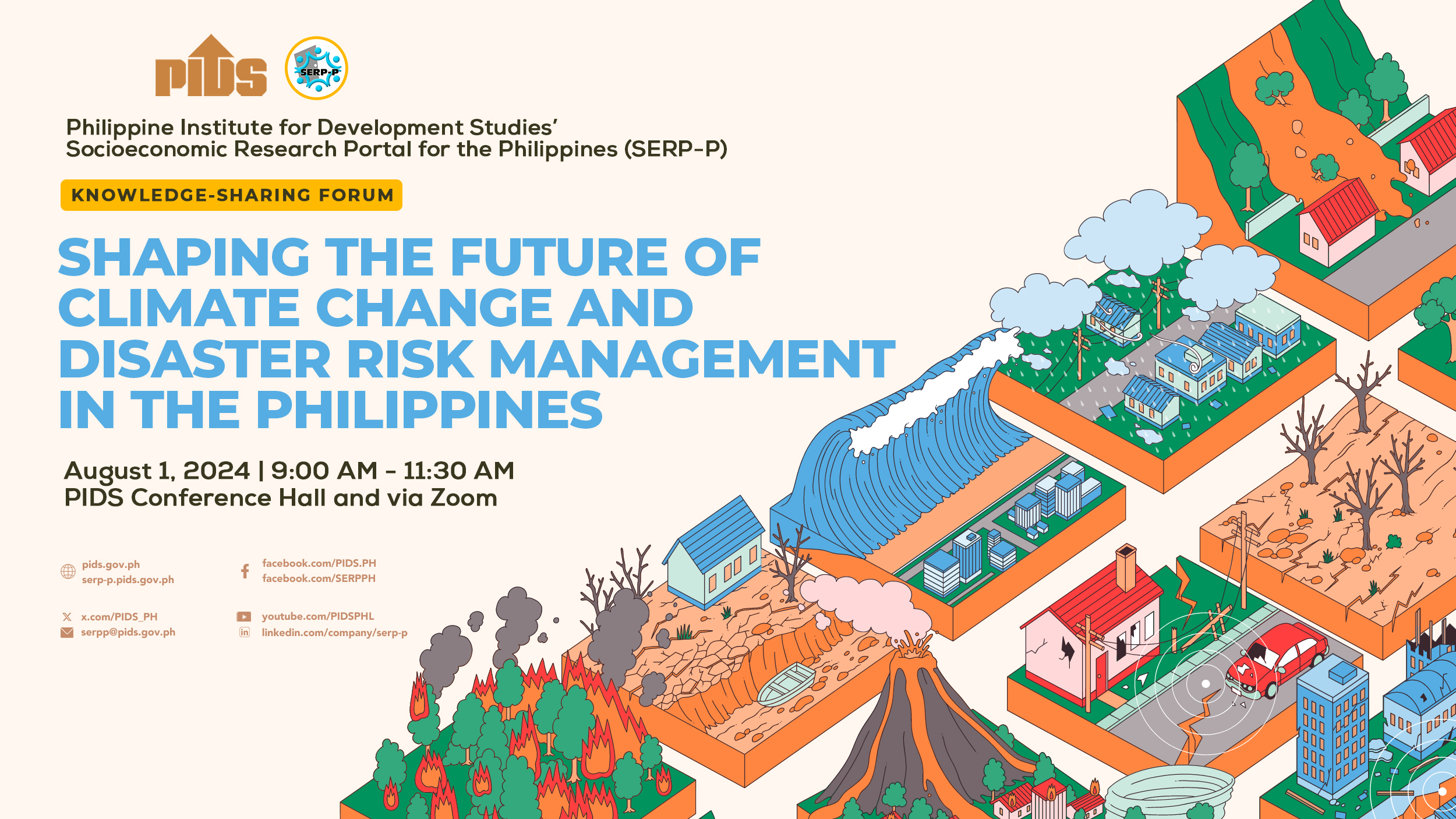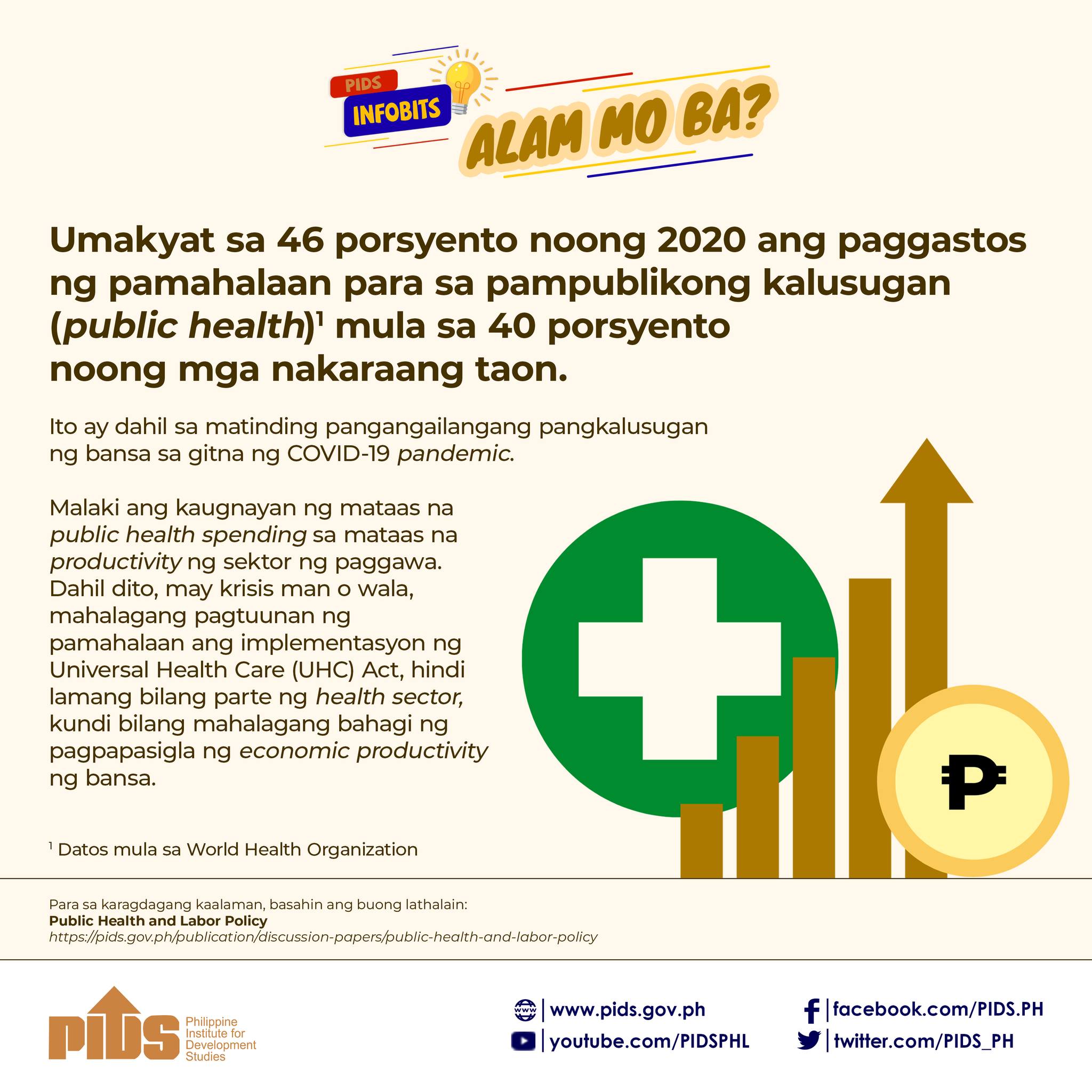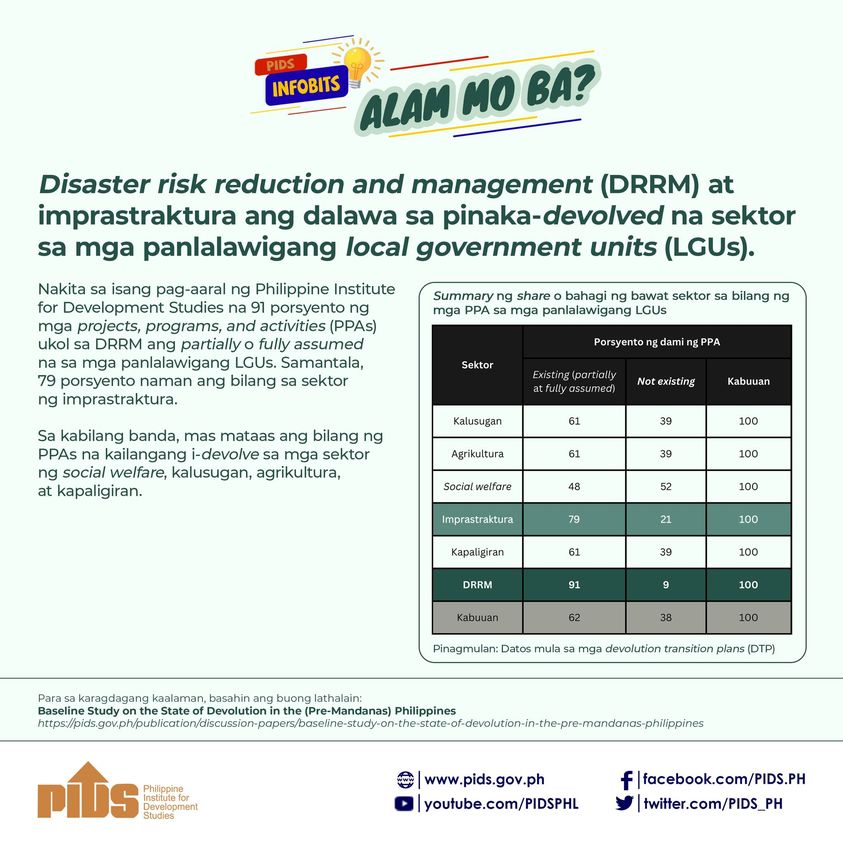The Philippine Institute for Development Studies (PIDS) called for a comprehensive action on disaster mitigation and building disaster-resilient communities.
PIDS president Gilberto Llanto, during the policy research forum on Human capital: Health, education, and building resilience, held at the University of the Philippines-Baguio recently, said risks do not occur in isolation but in a wide network that’s why action must also be unified.
He said apart from being interconnected, risks are, by nature, also constantly evolving. Therefore, managing and responding to them requires multiple resilient systems.
"The Philippines is particularly challenged to build economic resilience because of its high risk exposure and vulnerability, explained somewhat by its geographical location,” said Llanto. "It is difficult to manage risks. But it is possible.”
A huge stumbling block in the process of risk management is the dearth of policy-oriented research and the absence of a resilience system. Although the Philippines has the National Disaster Risk Reduction and Management Council in place, the country has yet to paint a comprehensive picture of the country’s risk landscape, making it difficult to build the appropriate response framework.
"You need good policy interventions, and good policies rely on good research,” Llanto said.
He warned, "Exposure to bad policies will exacerbate one’s vulnerability.”
Thus, dealing with risks is not solely the job of policymakers or the NDRRMC. Communities have to work together to figure out how to handle and manage the risks and shocks faced by their community at the ground level, Llanto said.
He added, the country has to work together at every level to make resilience thinking a habit. A multiple resilience system must be built and founded on sound research and analysis, capable of identifying the wide array of vulnerabilities and adapting to the evolving nature of risks, Llanto, stressed.//

